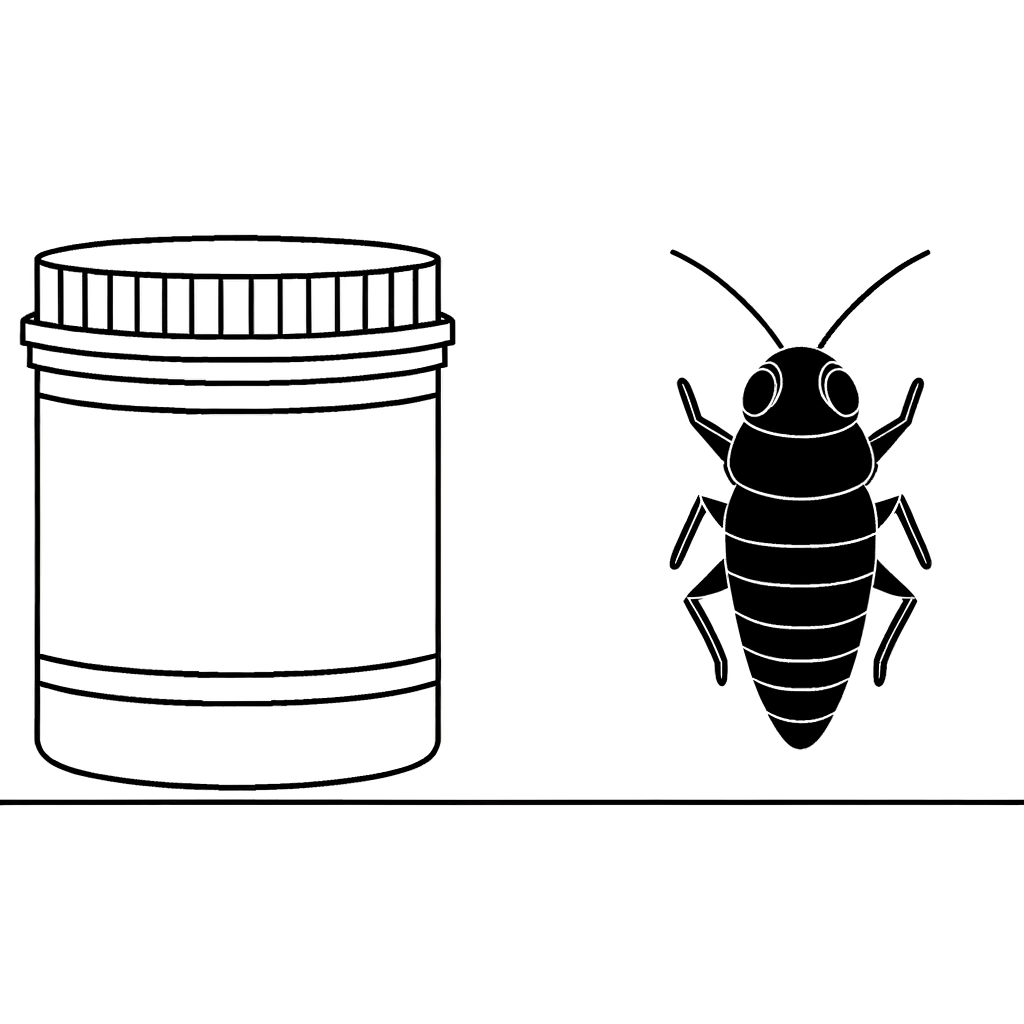Are Bug-Based Protein Powders Safe? What Experts Say Might Surprise You

Bugs in your protein powder? Pretty icky feeling, right? 😬
Let’s be honest, when someone tells you that the new protein shake they’re drinking is made from ground-up crickets, your first reaction probably isn’t “Yum, pass me some!” But with all the buzz (pun intended) around insect protein powders lately, I wanted to dig into whether these creepy crawly supplements are actually safe for us to consume.
And more importantly – should you be adding cricket powder to your post-workout shake? 🦗
What Are Bug-Based Protein Powders? 🐛
Insect protein powders are exactly what they sound like – protein supplements made from processed insects like crickets, mealworms, and silkworms.
Companies dry the bugs, grind them into powder, and package them up as a “sustainable alternative” to traditional protein sources like whey, casein, or plant proteins.
Why would anyone do this? Well, turns out there are some pretty compelling reasons.
The Benefits of Eating Bugs (Yes, There Are Some) 🏆
1. Crazy Good For The Environment
If you care about sustainability, insect farming absolutely crushes traditional livestock:
- Uses 95% less land than beef production
- Requires way less water than raising cattle
- Produces minimal greenhouse gases compared to other animal proteins
- Generates almost no waste – pretty much the entire insect gets used
Learn more about the environmental benefits of insect farming in this article from MDPI.
2. Surprisingly Nutritious
I was shocked to learn that bugs are actually nutritional powerhouses:
- Complete protein with all essential amino acids
- Some studies suggest better amino acid profiles than beef or chicken
- Typically free from common allergens like gluten and dairy
- High in vitamins, minerals, and healthy fats
Read more about the nutritional benefits of insects on Healthline.
3. More Protein Variety
While crickets get most of the attention, companies are using all sorts of bugs:
- Cricket protein (most common)
- Mealworm powder
- Silkworm protein
- Black soldier fly larvae (yes, really)
Each bug brings slightly different nutritional benefits and flavor profiles. Who knew?
But Are They Actually Safe? 🧐
This is where things get interesting (and a bit concerning).
1. Watch Out for Allergies
If you’re allergic to shellfish, proceed with extreme caution.
Insects and shellfish are surprisingly closely related (they’re both arthropods), and studies have found that people with shellfish allergies might react to insect proteins too.
Some processing methods can reduce this risk, but it’s still something to be very aware of. Learn more about insect-related allergies on PubMed Central.
2. Microbial & Parasite Risks
Like any animal product, bugs can carry bacteria and parasites.
One concerning study found that a significant percentage of insect farms contained harmful parasites. Not exactly what you want in your morning smoothie 😱
3. Limited Regulation = Quality Control Issues
Here’s the biggest red flag: insect protein products are often classified as dietary supplements, meaning they’re not strictly regulated by the FDA.
This puts the responsibility on manufacturers to ensure quality and safety – and let’s just say some companies are more diligent than others.
How Are These Bug Powders Made? 🏭
The production process typically goes something like this:
- Insects are farmed in controlled environments
- They’re harvested and often fasted to clear their digestive systems
- The bugs are then cleaned, dried, and ground into powder
- Some companies apply heat treatments to reduce allergenicity
- The resulting powder is packaged and sold to brave consumers like you
The exoskeleton (the crunchy outer shell) is usually removed since it’s hard to digest, but processing methods vary by manufacturer.
Should You Try Bug Protein Powder? 🤔
If you’re considering cricket protein shakes or other insect-based supplements, here’s what to keep in mind:
Look for Quality Sourcing
Not all bug farms are created equal. Look for companies that:
- Are transparent about their farming practices
- Test for contaminants
- Have clear quality control measures
For instance, some cricket protein powders have been found to contain high levels of arsenic, which can be a significant health risk, as highlighted by ConsumerLab.
Be Allergy Aware
If you have shellfish allergies, talk to your doctor first. Seriously – the cross-reactivity is real and potentially dangerous.
Check the Label
Look for clear information about:
- What type of insect is used
- Processing methods
- Any allergen warnings
- Complete nutritional information
My Take: Proceed With Caution 🚦
While I’m all for sustainable protein sources, the current state of insect protein supplements has me a bit hesitant to recommend them widely.
The lack of strict regulation, potential for allergic reactions, and possibility of contamination mean that these products deserve a healthy dose of skepticism.
If you’re determined to try them:
- Start with small amounts
- Choose reputable companies
- Pay attention to how your body responds
For most people, sticking with well-established protein powder options is probably the safer bet for now, at least until regulations catch up with this emerging industry.
But who knows? Maybe in 10 years we’ll all be drinking cricket smoothies without thinking twice about it. The world of fitness nutrition is always evolving!
